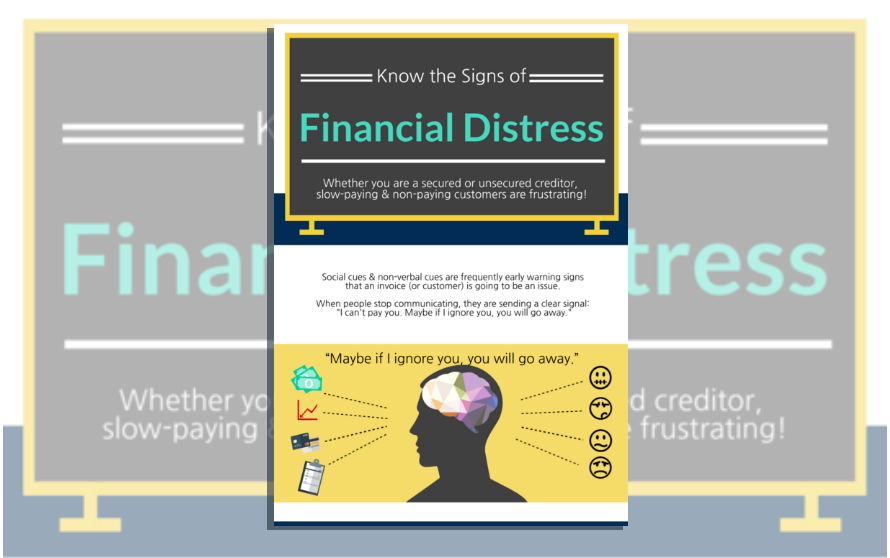
503(b)(9) Claims Are No Match for UCC Filings
503(b)(9) claims are no match for UCC filings! In bankruptcy, a properly perfected security interest, in compliance with UCC Article 9, has priority over unsecured creditors, creditors with administrative claims, 503(b)(9) claims, and even consignment agreements.

Quick Reference: Thresholds for Payment Bonds on Public Projects
Each state has its own statutes requiring payment bonds on construction projects. Some statutes may require that the general contractor obtain a payment bond on every construction project, and other states may only require a payment bond when the total value of the construction project exceeds a certain threshold. Additionally, the states vary in their requirements for the penal sum of the bond. The following is a guideline for public and federal projects. Please be aware that in some states, special statutes may apply for governmental entities not listed.

Quick Reference: Lien & Bond Claim Rights for Material Supplier to Material Supplier
Download this quick reference guide to see whether your state allows for mechanic's lien or bond claim rights for material suppliers selling to materials suppliers on construction projects.

What's the Difference Between Consignment and Bailment?
For creditors, Consignment and Bailment transactions get a little fuzzy. In this infographic we'll compare Consignment and Bailment and offer some best practices for you when securing your receivables.

What Is a Notice of Intent to Lien?
The first step in securing mechanic’s lien or bond claim rights is often the service of a statutory notice. The statutory notice, depending on the project state, may be called any number of names: Preliminary Notice, Prelien Notice, Notice to Owner, Notice of Furnishing, and the list goes on.
Once the preliminary notice is served, and payment has not been received, a Notice of Intent may be required. A Notice of Intent is a statutory notice, required in many states, to be served prior to filing a mechanic’s lien.
Check out this infographic for more information on the Notice of Intent to Lien.

What is a Standby Letter of Credit?
A Standby Letter of Credit is a written guarantee, issued by a bank, to pay on behalf of their customer in the event their customer does not pay.
Review this infographic to learn more about Standby Letters of Credit and the role they may play in your business.

Learn to Identify the Signs of Financial Distress in Your Customers
Whether you are a secured or unsecured creditor, slow-paying & non-paying customers are frustrating. Review this infographic to learn more about the signs of financial distress and how secured transactions are your best security.

Mechanic's Lien Rights on Residential Projects
If you are furnishing to a residential construction project, review preliminary notice & mechanic's lien requirements carefully.

Quick Reference: Can Lien Rights Be Waived in Your Contract in Advance of Furnishing?
The following is designed to provide a quick comparison by state and does not address all variables. While some states may not enforce a waiver of lien rights within a contract, they may allow a separate waiver in advance of furnishing. States also may allow for subordination of a lien to a mortgage. NCS recommends retaining an attorney for each case.